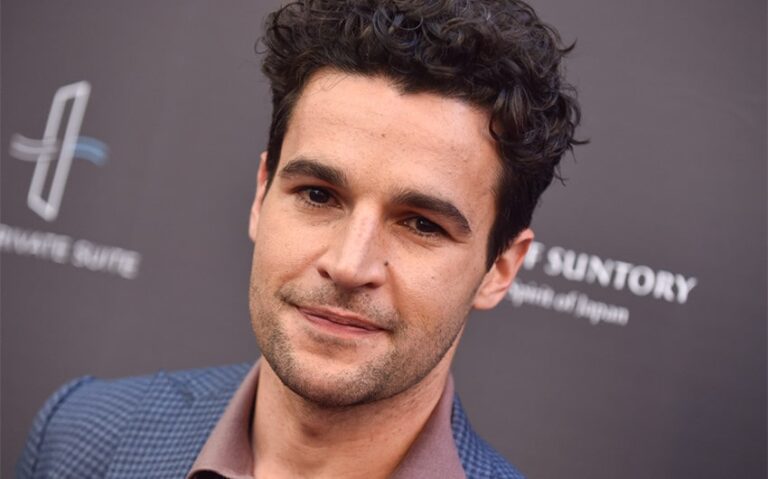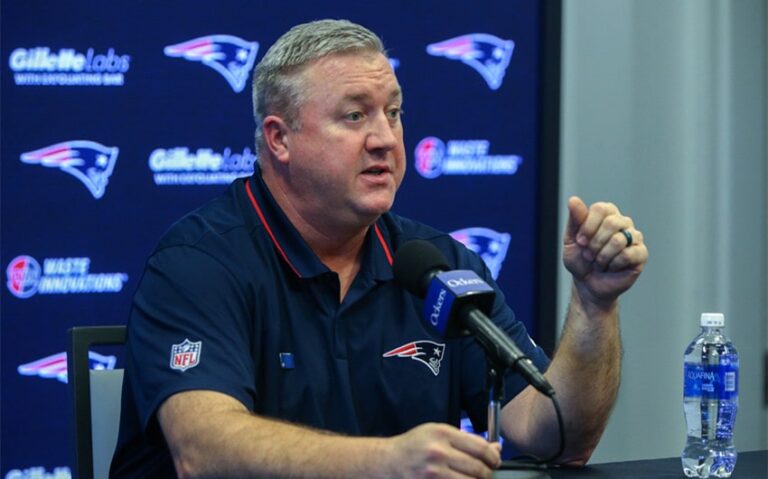Ace Frehley’s Net Worth and the Lasting Legacy of the Spaceman
If you grew up listening to classic rock or ever painted your face for a Halloween costume, chances are you know the name Ace Frehley. And if you’re wondering about Ace Frehley’s net worth after decades of music, controversy, comebacks, and cultural relevance—the short answer is that it’s estimated to fall between $1 million and $5 million. That number might seem low for a founding member of one of the most iconic rock bands in history. But what Frehley has built—and kept—goes beyond money. It’s about legacy, identity, and the enduring pull of the original Spaceman.
Because sometimes what’s most valuable isn’t what you keep in the bank—it’s what the world remembers you for.
Legacy Built: Kiss, The Spaceman Persona, and Stadium Fame
Ace Frehley didn’t just play guitar in Kiss—he helped invent the entire experience. When the band formed in 1973, it wasn’t just about sound; it was about spectacle. Frehley created his alter ego, “The Spaceman,” painting on silver makeup and stepping into platform boots that would take him from New York clubs to sold-out stadiums around the world.
His guitar work helped define the band’s early sound. Gritty, powerful, and often spacey in tone, Frehley’s solos stood out amid the theatrics. Songs like “Cold Gin,” “Shock Me,” and “Rocket Ride” became fan favorites—and with each one, Ace further etched his identity into rock history.
Kiss didn’t just sell albums. They sold lunchboxes, comic books, action figures, pinball machines, and pretty much anything that could be licensed. During their height in the late 1970s, the band was generating hundreds of millions of dollars, and every member—including Ace—reaped the rewards. It’s believed that Frehley earned millions in touring revenue, album royalties, and merchandising rights during these years. While the band shared profits in some areas, individual contributions and character ownership helped drive individual earnings too.
But even then, there were cracks behind the paint. Frehley was often the wildcard—brilliant on stage but difficult off it. He struggled with substance use and tension with other band members, particularly Gene Simmons and Paul Stanley. And while he was one of the original four, Ace’s sense of independence would soon take him away from the monster he helped create.
Legacy Tested: Solo Career, Addiction, and Distance from the Spotlight
Ace Frehley left Kiss for the first time in 1982. While the band continued without him, bringing in other guitarists to play the Spaceman role, Ace launched his solo career in earnest. His 1978 self-titled solo album—released while still in Kiss—had already proven he could hold his own. It was the best-selling of the four solo Kiss albums released that year and included the hit “New York Groove,” which charted high and became one of his signature tracks.
But post-Kiss, the journey wasn’t smooth. His subsequent albums in the ’80s and ’90s—under the name Frehley’s Comet and as a solo artist—were embraced by hardcore fans but didn’t crack into mainstream success. Touring continued, but so did personal struggles. Legal issues, rehab stints, and long gaps between albums made it difficult for Ace to maintain steady commercial momentum.
Financially, these years were likely uneven. Rock stars without major label backing or consistent licensing income often rely heavily on live performances for revenue. And when personal issues interfere with that ability, income slows down. Several reports suggest that Ace faced financial hardships during this time, and it’s very likely that a portion of his early fortune was diminished through lifestyle costs, legal bills, and time spent out of the limelight.
Still, he never disappeared completely. The Spaceman character—whether worn by him or not—never lost its mystique. And fans continued to show up, buy records, and keep Ace’s legacy alive even when the industry seemed to forget.
Legacy Reclaimed: Reunions, Memoirs, and Staying in the Game
In the mid-1990s, Kiss did something many fans thought they’d never see: the original lineup reunited. With Ace Frehley and Peter Criss returning alongside Simmons and Stanley, the band launched a massive reunion tour in 1996, donning full makeup and original costumes. It was a commercial juggernaut, pulling in hundreds of millions of dollars worldwide.
For Ace, the reunion was more than nostalgic—it was financially critical. He was back in the public eye, performing in arenas again, and reaping the rewards of a full-scale Kiss revival. He also regained access to a level of exposure he hadn’t seen since leaving the band.
However, like before, the reunion didn’t last forever. Ace eventually parted ways with Kiss again in the early 2000s, citing creative differences and personal reasons. But this time, he didn’t fade into obscurity.
Instead, he doubled down on his solo work. Albums like Anomaly (2009), Space Invader (2014), and Spaceman (2018) were critically well-received and commercially solid. They reintroduced Ace to younger audiences while reminding longtime fans that his guitar chops were as sharp as ever.
He also released a memoir, No Regrets, in 2011, which became a New York Times bestseller. The book chronicled his life with brutal honesty—from fame and addiction to recovery and redemption—and gave fans deeper insight into the man behind the makeup. Book royalties and speaking events tied to the memoir added another income stream to his portfolio.
Through reunions, releases, and resilient fan support, Ace had found his second wind—and with it, a way to sustain both relevance and revenue.
So What Is Ace Frehley’s Net Worth Today?
Ace Frehley’s net worth today is estimated to be between $1 million and $5 million, according to several financial sources. That number might seem low compared to bandmates like Gene Simmons or Paul Stanley, whose estimated fortunes are much higher. But the reasons are straightforward.
Frehley walked away from the business side of Kiss at multiple points. He didn’t stay onboard for every tour, every merchandise deal, or every licensing opportunity. He also faced real personal challenges that likely ate into his earnings—addiction treatment, time away from performing, and the absence of a consistent mainstream platform for long stretches.
That said, he continues to earn from:
-
Royalties from Kiss albums and his solo work
-
Touring income from solo shows and rock festivals
-
Merchandise and licensing, especially tied to his Spaceman persona
-
Book royalties and related media appearances
-
Publishing rights and re-releases, which bring in streaming and residual payments
Unlike younger artists tied to fast trends, Ace’s income is built on long-term nostalgia, diehard fandom, and a catalog that still gets played. He may not be as commercially aggressive as Simmons or Stanley, but he still earns from the art he helped create.
You Don’t Have to Be on Top to Stay Legendary
If you measure success by how long someone stays in the spotlight, Ace Frehley’s story might seem uneven. But if you measure it by impact—by how many guitarists were inspired, how many posters hung on teenage walls, how many riffs live rent-free in fans’ heads decades later—then he’s done more than most ever will.
Ace Frehley’s net worth isn’t astronomical. But what he built with his Les Paul guitar and space boots is priceless to the people who grew up watching him launch into rock stardom. He’s proof that you don’t have to stay in the machine to matter. You don’t have to be the loudest voice in the band to leave the strongest mark.
He showed up, played loud, and told the truth—sometimes messily, sometimes beautifully, but always honestly. And in rock and roll, that’s the kind of legacy that lasts a lifetime.






